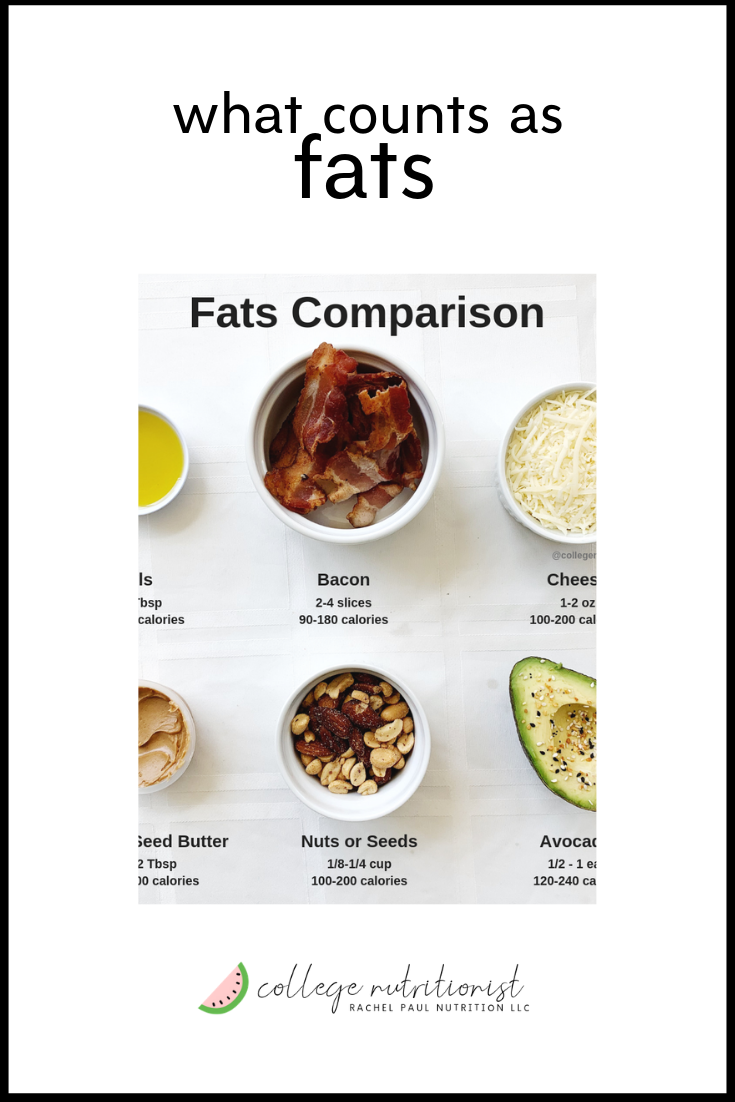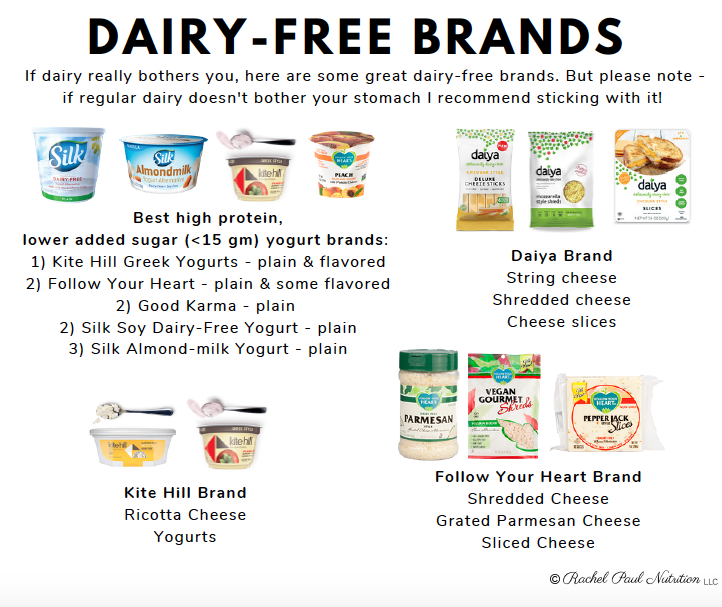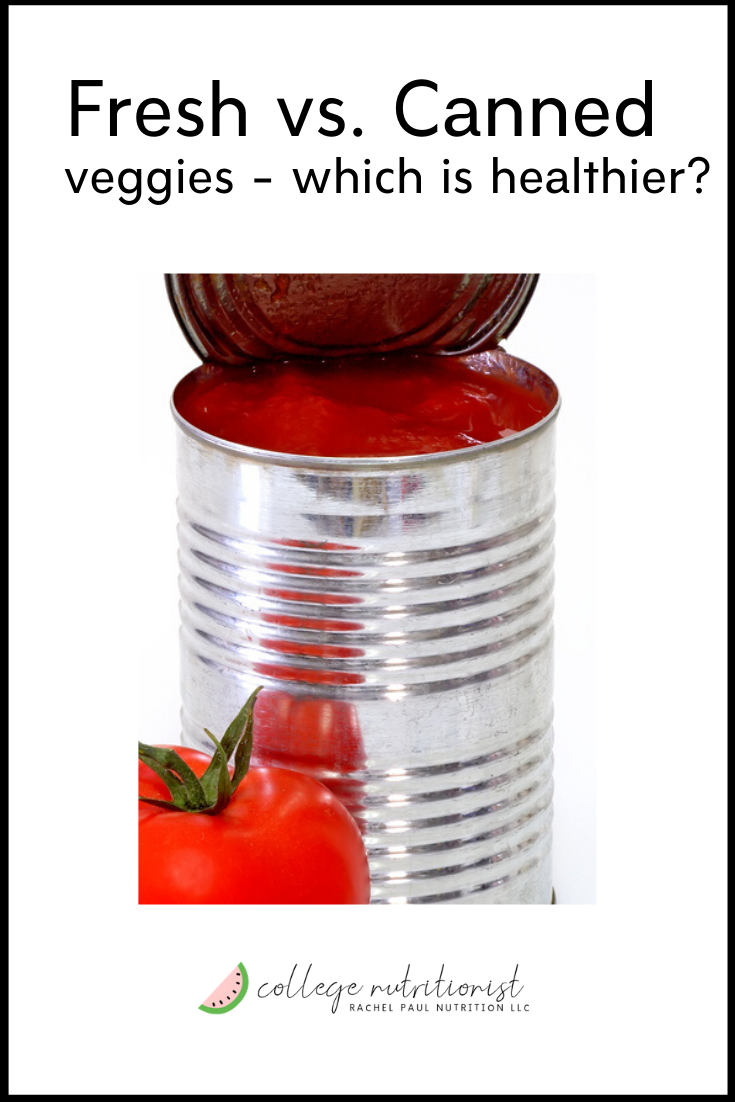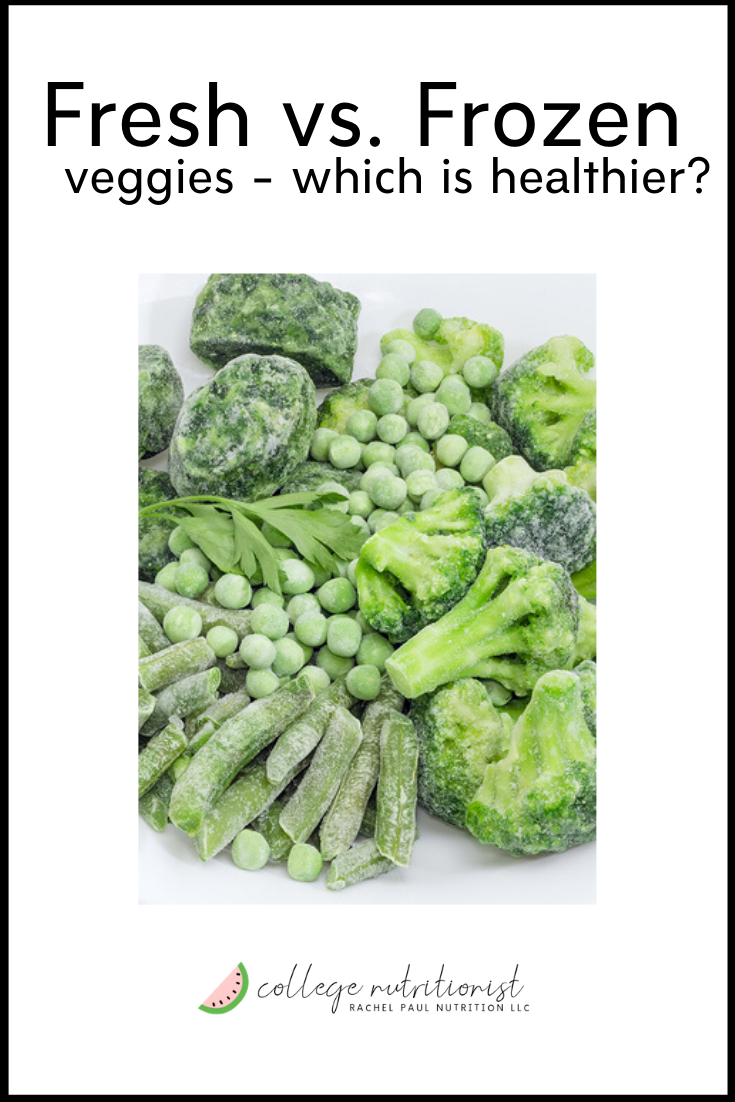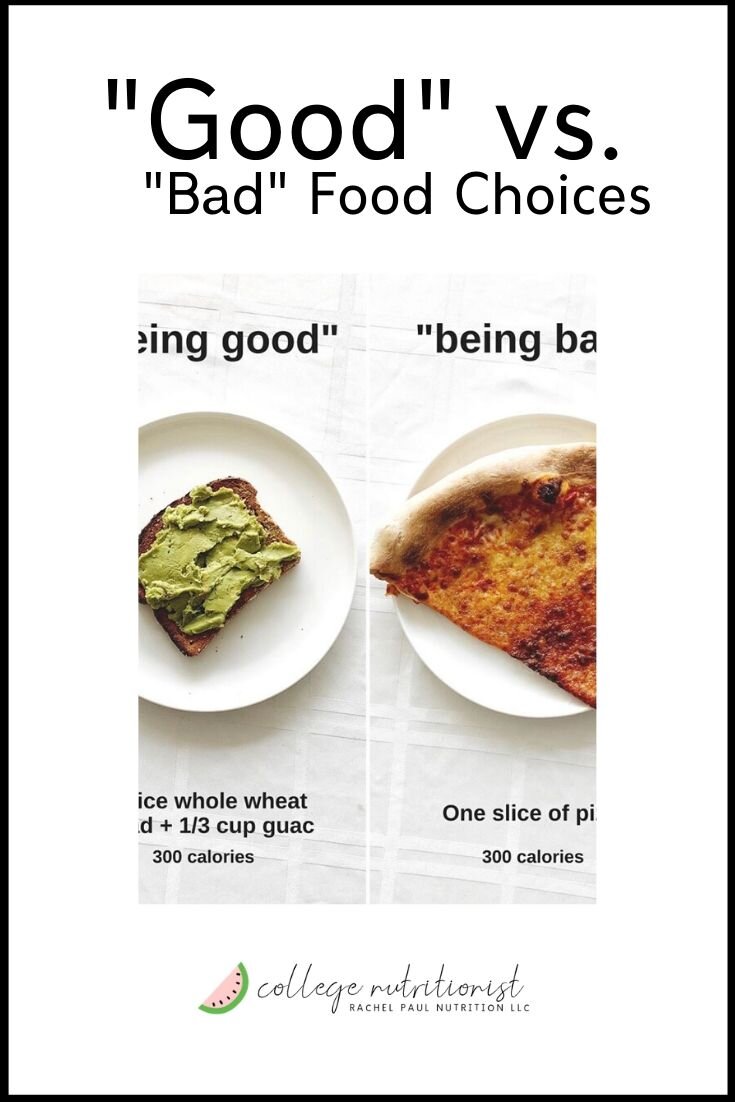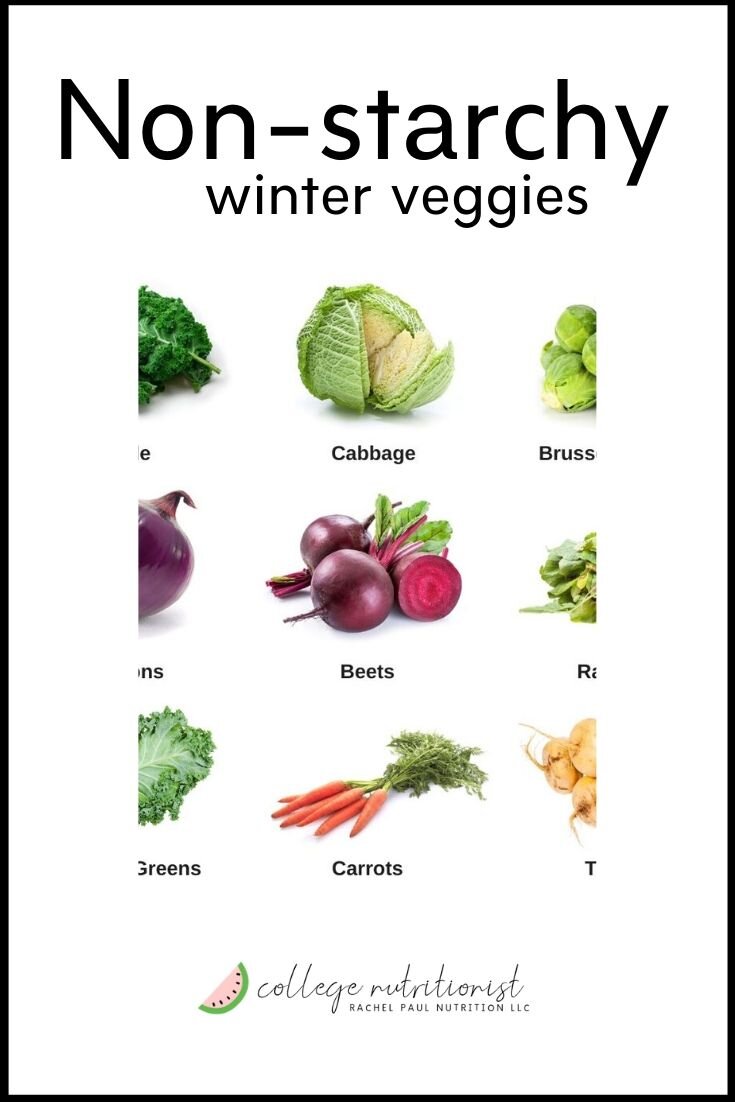Protein and fats are more filling than carbohydrates (not to say we don’t need carbs – we 100% do, and they are good for us!) – which is why I personally think that a diet higher in high quality fats and protein is helpful for weight management.
Fats are found in many types of foods – both in animal forms and vegetable-based forms.
Historically, there has been a lot of negative discussion about fat found in animal products, but here is a great article debunking those myths.
Here is a good list and what 1 “normal” serving of different fats includes. By “normal”, I mean the amount one could add to a meal or snack. If there’s a meal or snack on my site that you don’t like, please feel free to switch it out for one of these!
1 “NORMAL” SERVING = ~100-200 CALORIES
Oils
-
Full fat (e.g. not fat-free) salad dressing: 1-2 Tbsp
-
Olives: depends on the jar and type – check what you have! It may be an overwhelm of olives since they’re fairly low calorie, so you may want to combine different fats to get up to 100-200 calories if you choose olives.
-
Oils: 1-2 Tbsp
“Fruits”
With our botanists’ caps on, these are technically fruits, but with our chefs’ hats on, these are fats!
-
Olives: depends on the jar and type – check what you have! It may be an overwhelm of olives since they’re fairly low calorie, so you may want to combine different fats to get up to 100-200 calories if you choose olives.
-
Avocados: 1/2-1 medium; 1 mini
-
Guacamole: 1-2 single serving packets; 1/4-1/3 cup
Nuts, Nut Butters & Seeds
-
Tree nuts (almonds, Brazil nuts, cashews, chestnuts, hazelnuts, macadamia nuts, pecans, pistachios, pine nuts, walnuts, etc.) and peanuts: 1/8-1/4 cup
-
Any nut butter (including peanut butter): 1-2 Tbsp
-
Seeds: 2-3 Tbsp
Animal Based
-
Uncured bacon: 3-4 pieces; 1/4-1/3 cup bacon bits
-
85% lean ground beef: 2oz – typically red meat contains more fat than poultry or pork. Therefore, it can sometimes be counted as a “fat”!
-
Uncured salami: 1-2oz
Dairy-Based
-
Whole or 2% Yogurt: 6-8 ounces or 3/4 to 1 cup or 1 single-serving container
-
Full-fat Cheese: 1-2 string cheeses; 1-2 slices of cheese; 1/4-1/3 cup shredded or crumbled cheese
-
Whole or 2% Milk: 1 cup
-
2% or full fat Cottage Cheese: 1/2-1 cup
If you don’t eat Dairy – here are some dairy-free brands I recommend!
Read Next
